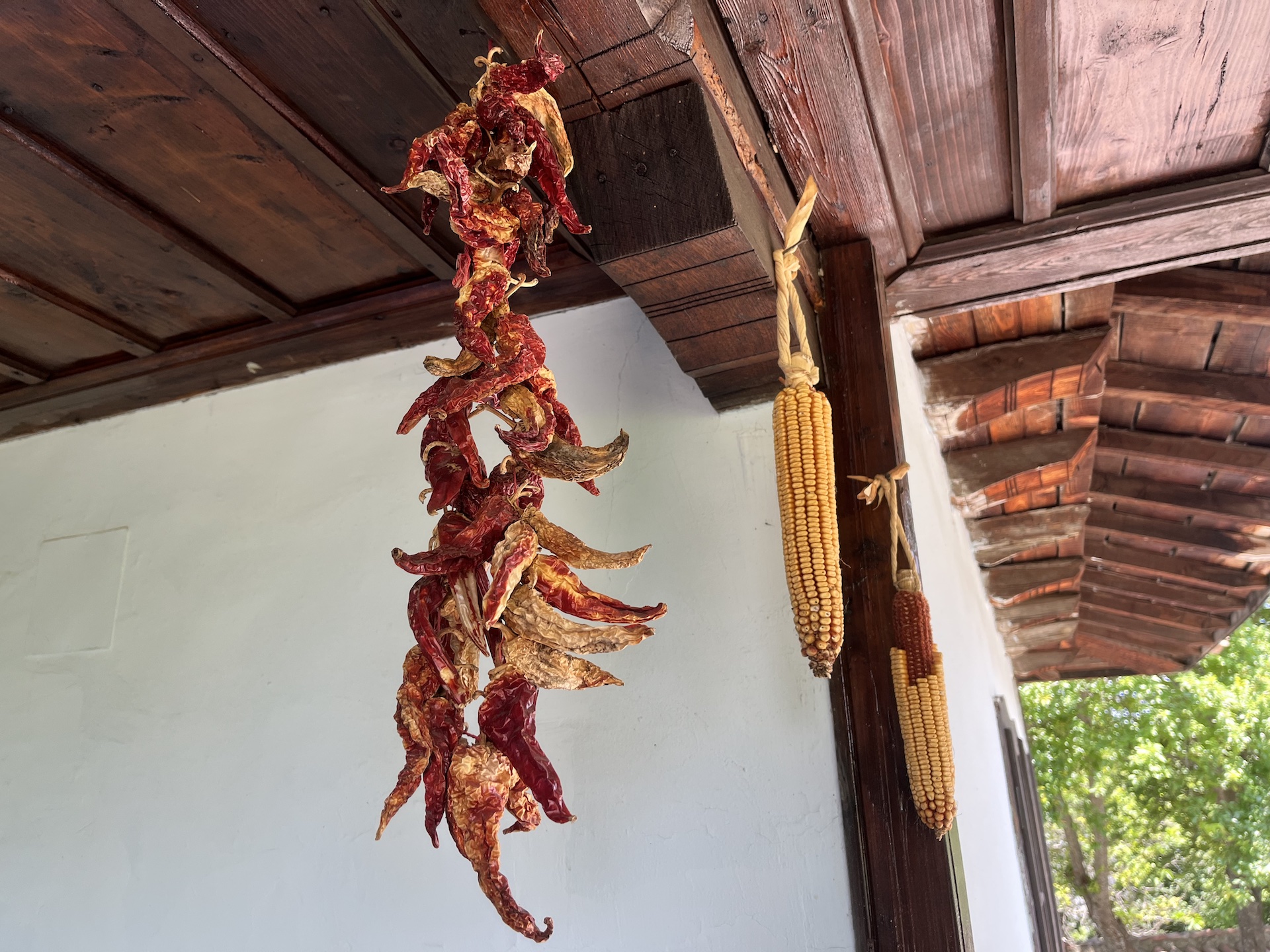
The 21st century marked the life of humanity with a change in the balance of urbanization. Thus, according to UN data, 56% of people worldwide already live in cities, and in the EU it is 75%, and we pay the consequences.
As a result of the 2020 Covid pandemic, we have witnessed an unprecedented counter-urbanization facilitated by the shift to the home office (remote work). This seems to be a win-win situation for everyone, since thus, companies save overhead expenses, and employees prefer home comfort in remote small towns/villages, without the hustle and bustle of busy and overcrowded cities.
Before we get a detailed scientific analysis of the effect of this phenomenon, I would like to share my humble observations about life in the small towns/villages to the North-East of Bulgaria (Ludogorie and Dobrudja), not claiming representativeness or completeness. I share things that I saw, which often remain obscured in the general information flow.
The big Bulgarian cities have all symptoms of a huge industrial metropolis: traffic jams, polluted air, widespread stress, a wide range of out-of-season produce, and fast food. Apart from Sofia and Plovdiv, public city transport is extremely inadequate and so, people make use of personal means of commuting, which ranges from bicycles and electric scooters to motorbikes and cars. Notions of seasonal fruits and vegetables have faded, and in their busy daily lives, people often make rather budgeted food choices, usually at the expense of quality. Parks are scarce and the sea and mountains are often far away, which usually prevents citizens, especially the elderly, from accessing them.
Small villages and towns wander in search of balance for their population, and while some offer wonderful conditions of recreation and leisure that a New Yorker would have envied, others struggle in poverty that brings people nothing beneficial but day-by-day survival. It often happens that at the center of a village is an all-purpose shop/pub is located. In addition to farming, however, socialization has a better alternative at the chitalishte (chi-TA-li-shté). It is a wonderful cultural and community center for far more complete and qualitative communication and exchange of knowledge and ideas among people. Fairs and gatherings are also a very popular form, as is nurturing with primary foods of various natures.
The advantages of big cities are:
- An abundance of ways to improve mental health with all possible forms of entertainment and meeting loved ones and acquaintances, as well as finding specialized assistance centers;
- Access to medical care is much easier and more reliable;
- A variety of foods at more affordable prices;
- Direct access to transport infrastructure and the ability to travel;
Disadvantages of big cities:
- Increased levels of toxin pollutants and dust contaminants;
- Greater stress and noise exposure;
- Lack of immediate access to nature for recreation and relaxation;
The advantages of villages:
- Access to cleaner air and free/open spaces;
- Availability of fresh and locally grown produce and food;
- Less stress and noise in everyday life;
- Direct access to nature and elements.
Disadvantages of villages:
- Little choice in socializing;
- Limited food choices to local, seasonal produce, which may be a prerequisite for micronutrient deficiencies;
- Increased risk of choosing more processed and refined foods, due to the limitation and distance from a competitive store network;
- Reduced possibility of prevention of chronic diseases and conditions caused by lifestyle;
- Lack of specialists for specific health conditions (including of mental health);
- Food, alcohol, and television can easily become the only entertainment in the absence of quality and engaging entertainment;
Recommendations for major cities:
- More efforts for quality access to clean and local food production;
- Frequent out-of-town travel to access fresh air/natural elements;
- A speed limit for personal transport and regulating the traffic of overflying aircraft, shipping, etc.;
- Strict control and regulation of pollutants/contaminants (noise, dust, light, etc.).
Recommendations for villages and small towns:
- Active participation of children and adults in extracurricular forms of physical activities such as folk dance ensembles and interest clubs;
- More frequent use of group travel/transportation services or gatherings to connect with close and distant places and other cultures;
- Enlightenment and limiting access to alcohol, cigarettes, and refined foods. When there is no all-purpose shop/pub, people would rather go to the chitalishte and dance and sing;
- Developing rural tourism to open up remote areas to the world.
What do you think? Share your opinion about this matter.
